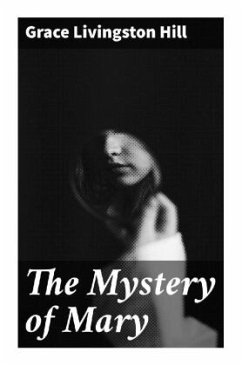In "The Mystery of Mary," Grace Livingston Hill intertwines elements of romance and mystery within a narrative steeped in spiritual and moral underpinnings. Set against the backdrop of early 20th-century America, Hill's prose is characterized by its lyrical quality and its delicate exploration of human emotions and societal norms. The novel follows the enigmatic character of Mary, whose past shrouded in secrecy invites both intrigue and compassion. Hill deftly navigates her characters through moral dilemmas, weaving in themes of faith, redemption, and personal transformation, reflective of the era's Evangelical sentiments. Grace Livingston Hill, often referred to as the pioneer of Christian romance, was deeply influenced by her own upbringing in a devout family and her missionary experiences. These aspects of her life infused her writing with a sincere passion for portraying the complexities of faith and relationships. Her works emerged during a time when women sought both agencyand identity, aligning with the emerging American Modernist literary movement that grappled with traditional values versus modern sensibilities. Readers seeking a compelling blend of faith, love, and redemption will find "The Mystery of Mary" a captivating and thought-provoking journey. Hill's ability to craft relatable, intricately drawn characters invites readers to ponder their own lives and the mysteries they may hold. This novel stands as a testament to the enduring power of love and faith amid life's complexities, making it an essential read for those drawn to inspirational literature.
Bitte wählen Sie Ihr Anliegen aus.
Rechnungen
Retourenschein anfordern
Bestellstatus
Storno








